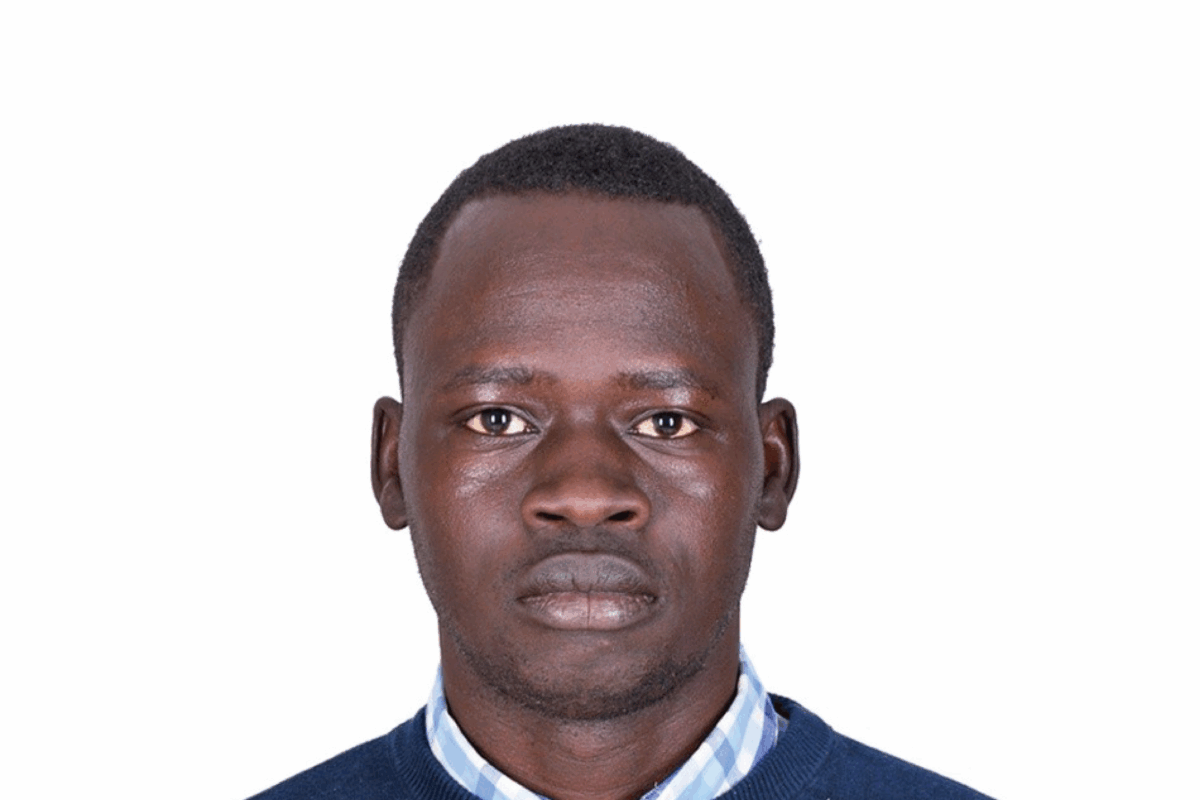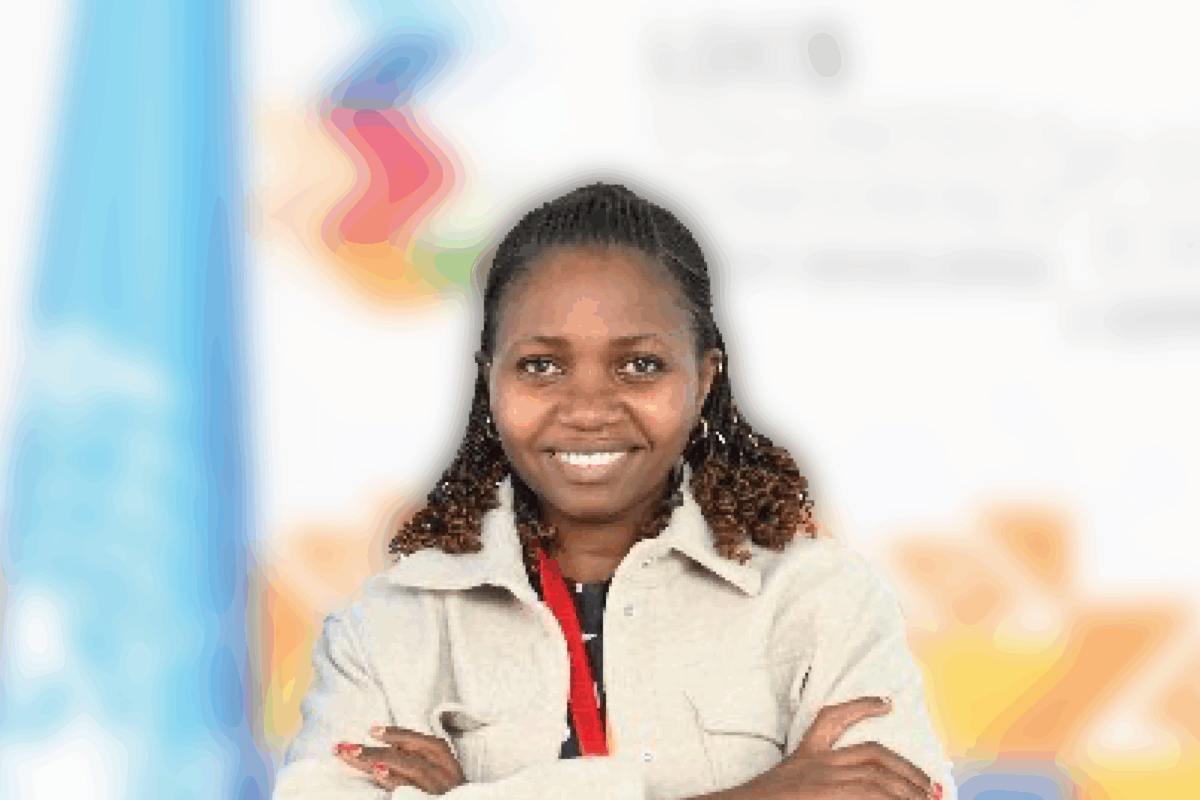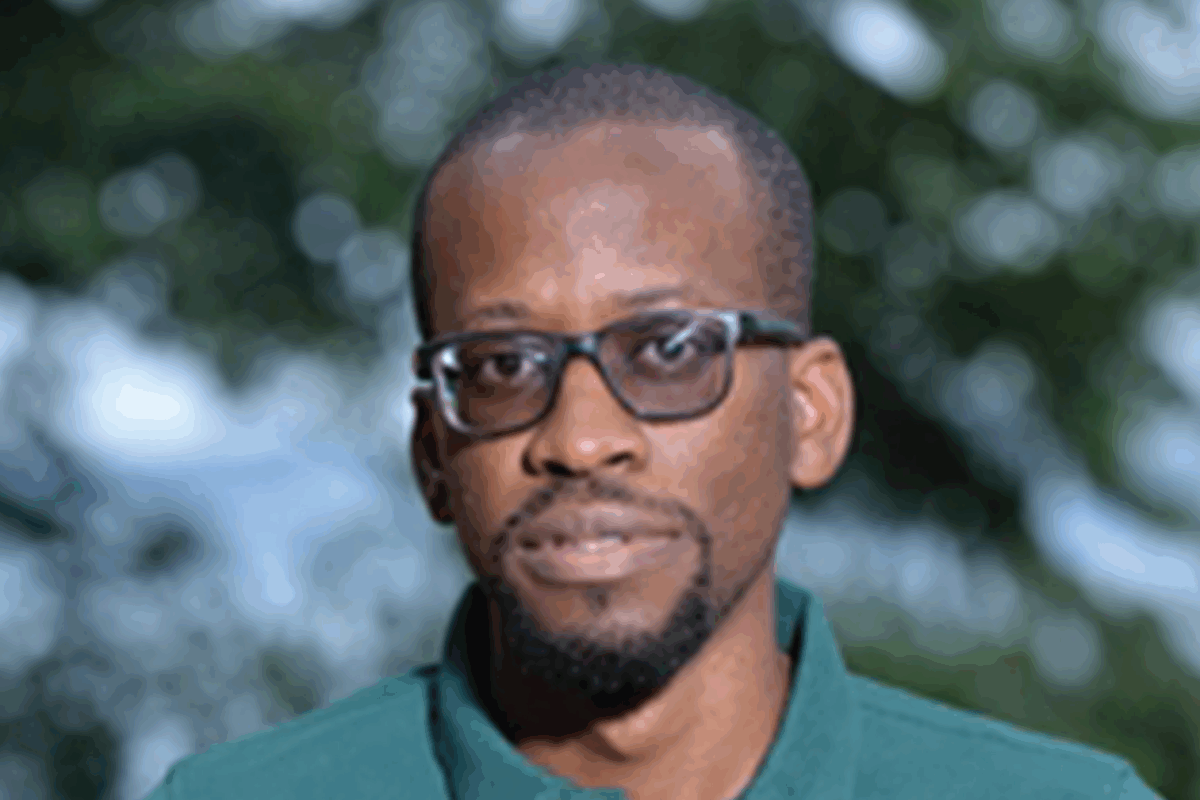John Tor Madira Machier is the Editor-in-Chief of Sudans Post, an independent digital-only news outlet covering the Sudans (Sudan and South Sudan) in English and Arabic. He has over eight years of experience in conflict reporting, political affairs, and investigative journalism. John also contributes to Sudan War Monitor, where he specializes in open-source conflict verification and military analysis. He has reported extensively on digital governance, media freedom, and displacement in the region. A graduate of Cairo University’s Faculty of Mass Communication, he is fluent in English, Arabic, and Nuer. As a Digital Public Infrastructure (DPI) Journalism Fellow, John is focused on documenting the digital divide, mobile money access, and state-citizen digital interactions in South Sudan.
Mercy Chelangat
Mercy Chelangat is a multi-award-winning journalist and fact-checker. She has five years of experience across print, digital, and broadcast media. Mercy has a proven ability to produce exclusive and impactful stories, particularly in the areas of health, climate, and governance. She possesses specialised skills in open-source investigations, climate fact-checking, and investigating disinformation and malign influence operations. Her achievements include winning in governance reporting at the Annual Journalism Excellence Awards in 2024 and being a two-time runner-up in Health Reporting. She is currently pursuing a Master’s in Mass Communication at Liverpool John Moores University.
Jenifer Gilla
Jenifer Gilla is an experienced environmental journalist known for her in-depth reporting on climate change, biodiversity, water scarcity, and sustainable development. She has a Post Graduate Diploma in Mass Communication and is currently pursuing Msc in Climate Change and Sustainable Development at University of Dar es Salaam. With notable bylines in The Guardian Tanzania, she has investigated gender equity in media, critiquing newsroom biases and advocating for greater inclusion of women efforts that reflect her commitment to amplifying underrepresented perspectives in Tanzanian journalism. Further, Jenifer has covered major events like the UN LDC’s Summit in Doha, COP 27 and 28, and the 8th Session of the Africa Regional Forum on Sustainable Development. She has pursued grants to enhance her impact, including from The Earth Journalism Network (EJN) grant and from DW Academy.
Ian Katusiime
Ian Katusiime, Uganda |
Ian Katusiime is a Senior Reporter at The Independent covering politics, technology, security, health and international affairs. He is interested in the intersection between emerging technologies and governance. Ian was crowned the best political reporter at the 2025 Uganda National Journalism Awards organised by the African Centre for Media Excellence (ACME). In 2024, he took part in a DW Fellowship on Digital Threats for an investigation on how female activists in Uganda counter online harassment. He has written a paper on Uganda’s foreign policy titled Foreign Policy by Troop Deployment and a follow-up paper on the troop drawdown
in the African peacekeeping mission in Somalia. Ian has contributed to a book on the global arms trade titled Monstrous Anger of the Guns. In 2022, he took part in a Youth for Policy Migration Fellowship organised by Konrad Adenauer Stiftung.
Ronald Musoke
Ronald is a multi-award-winning journalist with over a decade of journalism experience. He is an African Union Media Fellow (2023/24), and primarily reports for The Independent, Uganda’s premier political and business magazine. Ronald’s diverse work has also been published by several international publications including; The Independent (UK), Infonile, The Niles, Climate Tracker and Kulturaustausch Magazine (Germany). He has deep interest in development journalism and particularly focuses on politics and public policy, business and economics, public health, the environment (climate change and conservation), the extractives industry, regional integration, all forms of human rights, the humanitarian crisis, diplomacy and international affairs, among several other beats. He holds a Bachelor’s degree in Arts (English & Communication Skills) and a Post Graduate Diploma in Environmental Journalism & Communication (both from Makerere University, Kampala). He is concluding his Master’s degree in Diplomacy and International Studies at Uganda Martyrs University, Nkozi.



